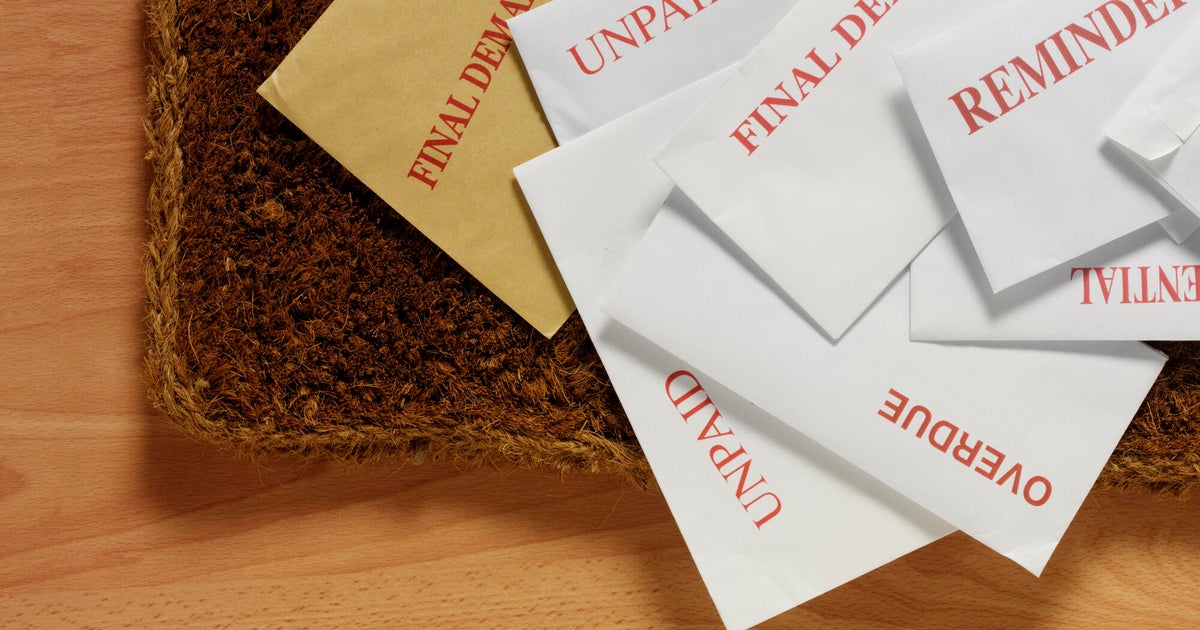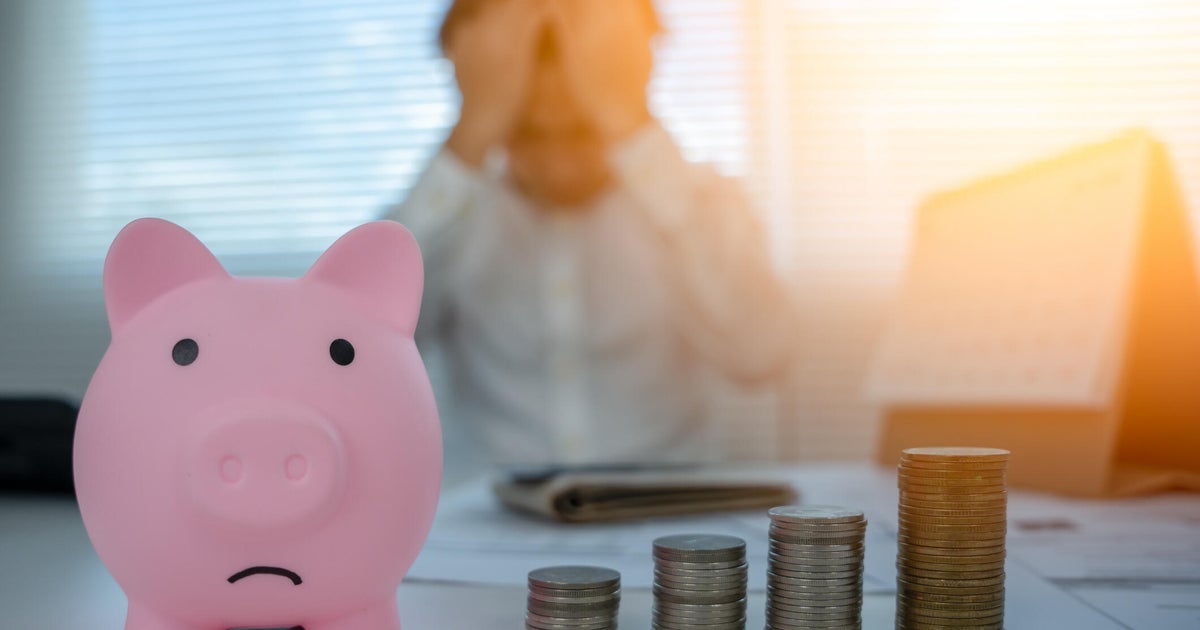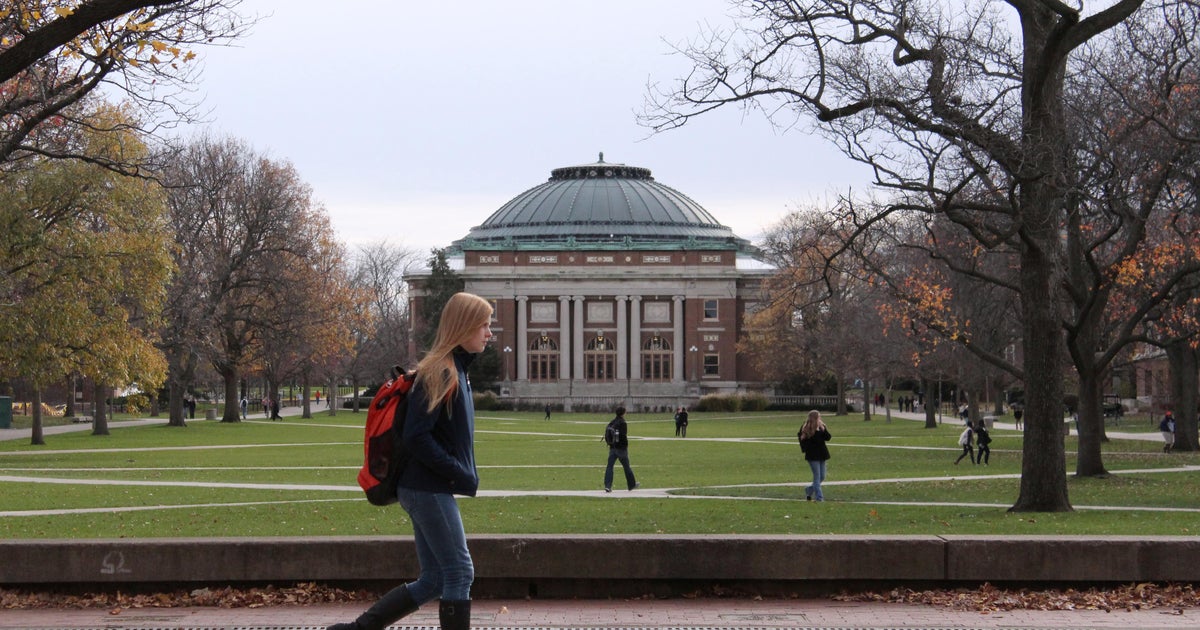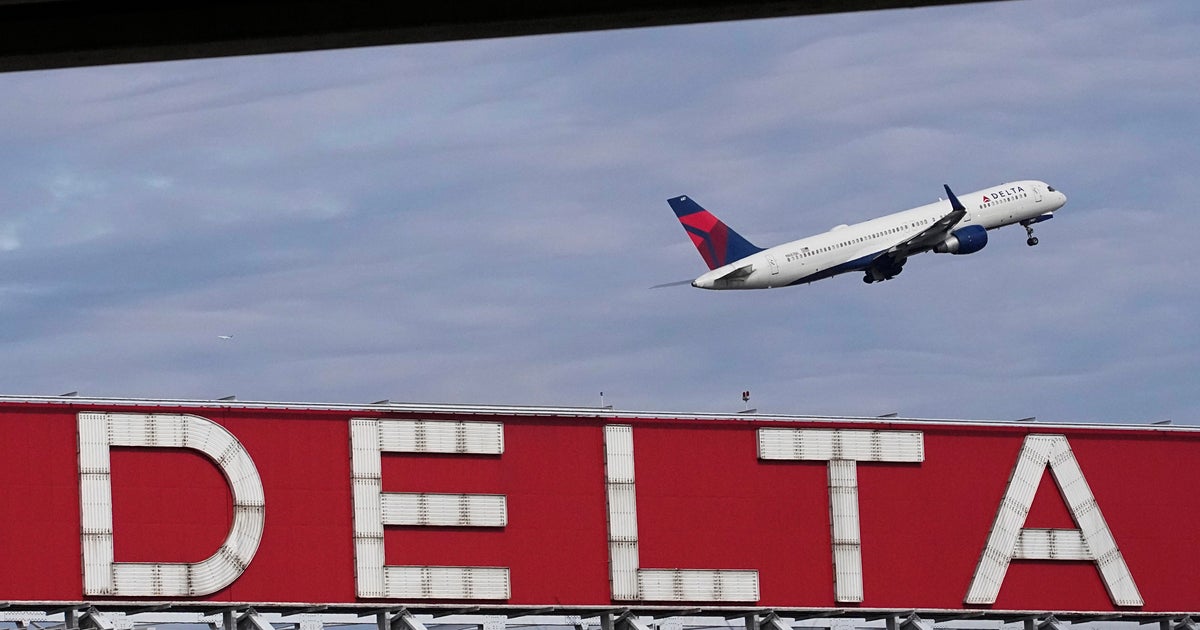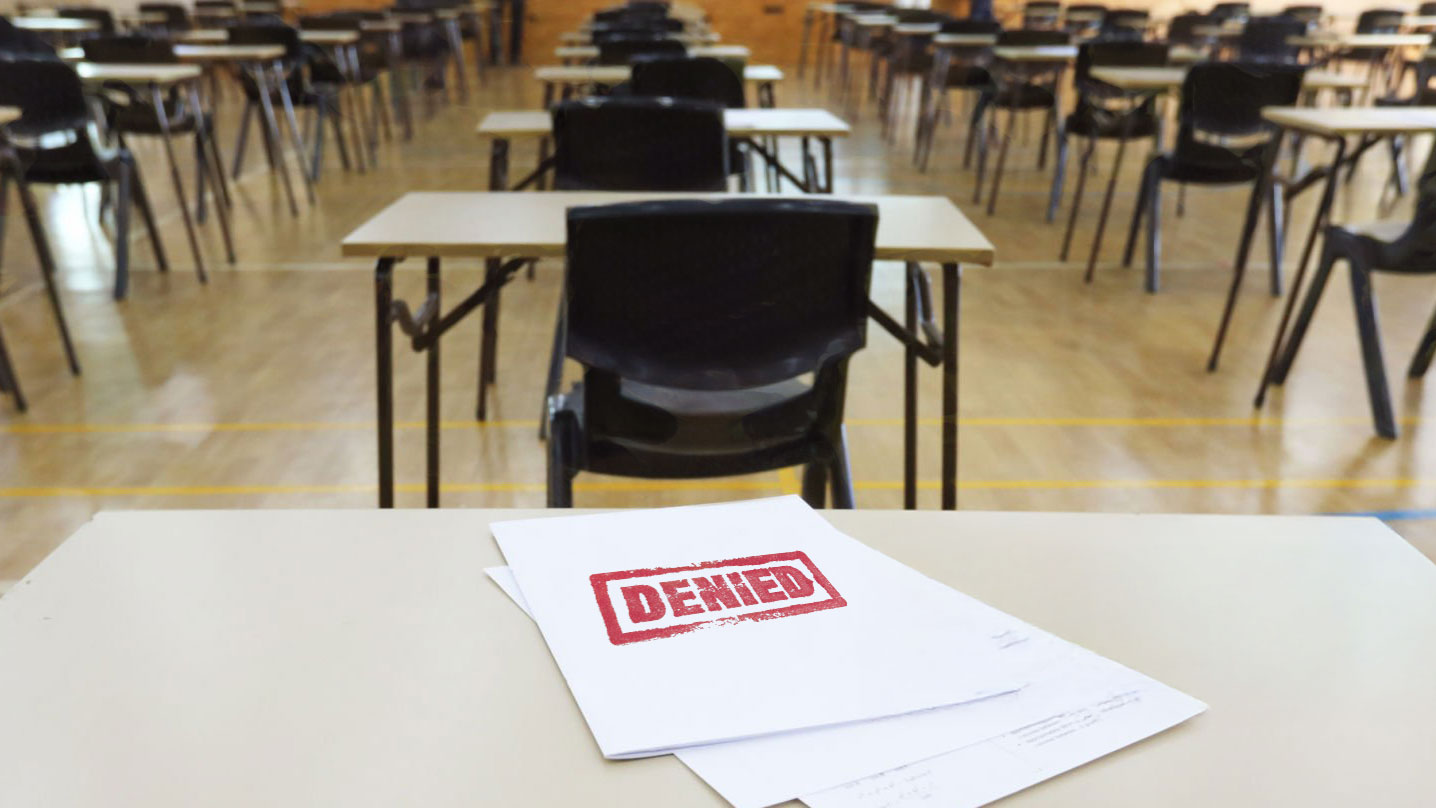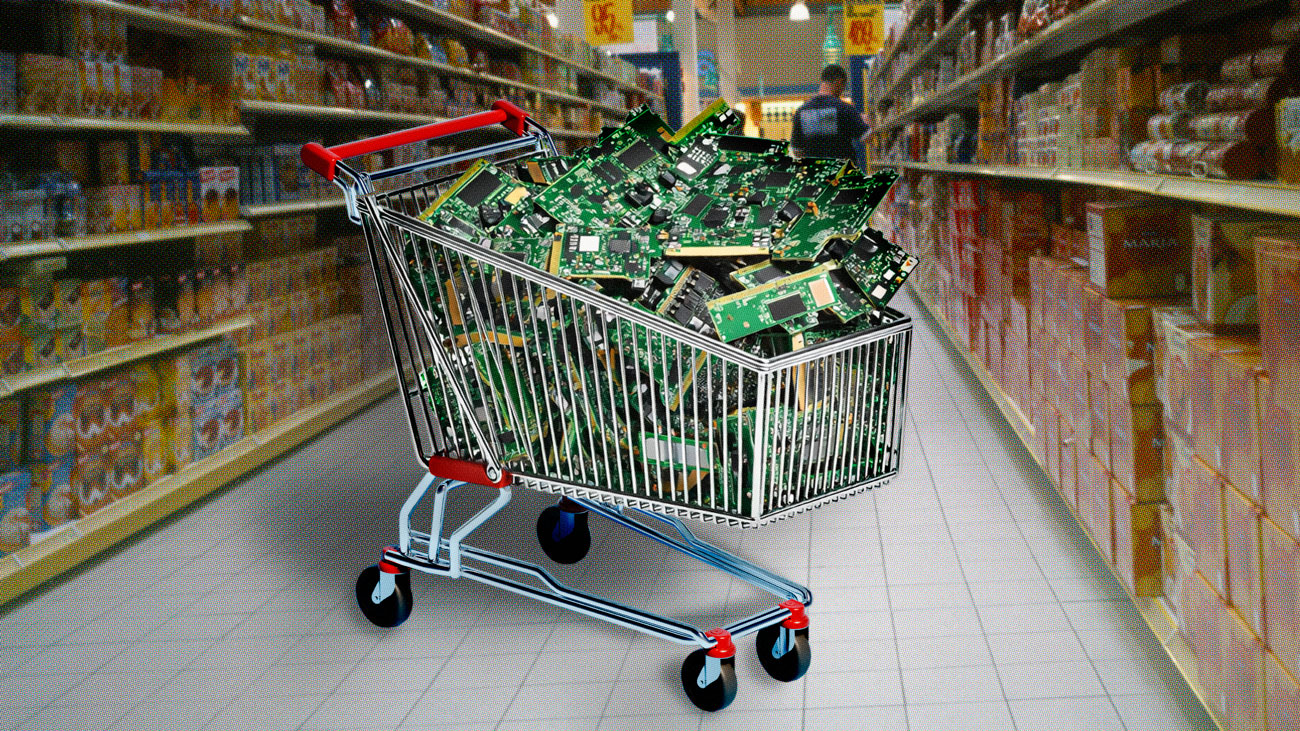How "tipflation" and "tip creep" are sparking a backlash: "I don't feel obligated" to tip
Tipping is encountering its own form of inflation, with consumers commonly facing digital kiosks that ask for tips that start at 18% or 20% and can go as high as 30% — a far cry from the 15% that used to be traditional.
And more types of employees are now asking for tips than in prior years, according to Cornell University professor Michael Lynn, who studies consumer behavior. Tips were traditionally given to workers who earned the so-called "tipped minimum wage" — federally set at $2.13 an hour — and thus rely on tips to earn the balance of their income. Most commonly, these tipped workers are waitstaff at restaurants and bartenders.
Tipping has been spreading to occupations that earn the regular minimum wage or above, such as baristas and drivers, Lynn noted. That raises the question of whether consumers should feel obligated to add a tip of 20% or more to their check when a digital kiosk is swiveled around for payment — a tricky issue when inflation-weary patrons may not feel like adding a tip for being handed a cup of coffee, yet may feel shamed to deny a tip request in public.
"It's mostly restaurant waiters and waitresses that are paid less than the minimum wage, so for them, tips are critical," Lynn noted. Baristas and other types of workers are often getting at least the minimum wage, he said.
Lynn added, "I feel obligated to tip waiters, but anybody else I don't feel obligated, but often I do tip if they've gone above and beyond."
It's not only human workers who are asking for tips, but services like GoFundMe, a platform for people to fundraise for issues like emergency health costs. When people donate to a cause, the site asks for a "tip" to help it continue functioning. GoFundMe also charges a processing fee, which is deducted from the donations before the recipient receives the money; it doesn't disclose this processing fee when it asks donors to add a tip.
"Tip fatigue"
These tricky situations are occurring more frequently after three years of the pandemic, which spurred consumers to increase their tipping in order to reward frontline workers like delivery people and baristas.
Tips at full-service restaurants jumped 25.3% in the third quarter of 2022, while gratuities at counter-service restaurants rose 16.7% compared to the same time in 2021, according to Square, one of the biggest companies operating digital payment methods.
Tips haven't yet returned to their pre-pandemic levels, Lynn noted.
At the same time, restaurants and coffee shops are relying on point-of-sale kiosks and portable credit-card readers that can be programmed with pre-set tip amounts. And merchants are setting the baseline tip at 18% or even higher because it generates more revenue, Lynn noted.
"Research shows the more you ask for, the more you are going to get," he said. "Those options that start at 18% ... generate more revenue."
Tipflation and tip creep — when tipping spreads to more types of workers — are creating "tip fatigue," according to Michael von Massow, associate professor of food economics at University of Guelph. That is increasing the risk of a tip backlash, he wrote in an essay for The Conversation.
"At the very least, tip fatigue means customers are leaving interactions that involve tipping with negative feelings," he wrote. "But at the worst, tip fatigue could cause customers to tip less or stop altogether."
Von Massow recommends that consumers should feel comfortable with what they tip, and shouldn't be guilted into paying more.
"[N]o one should feel pressured to tip more than the standard percentage, if at all," he wrote. "If a business is prompting you with a tip percentage higher than you are comfortable with, you can always enter a custom amount that you feel is appropriate instead."
